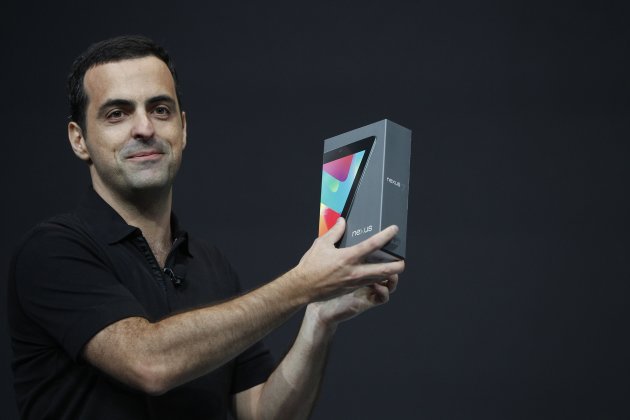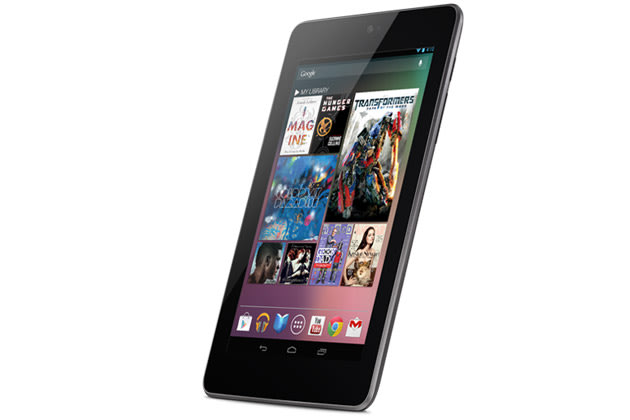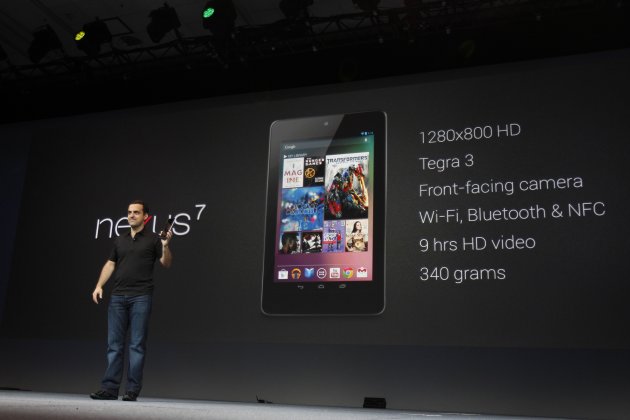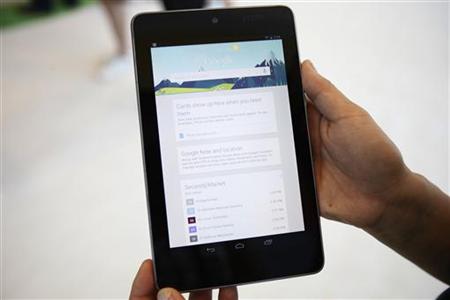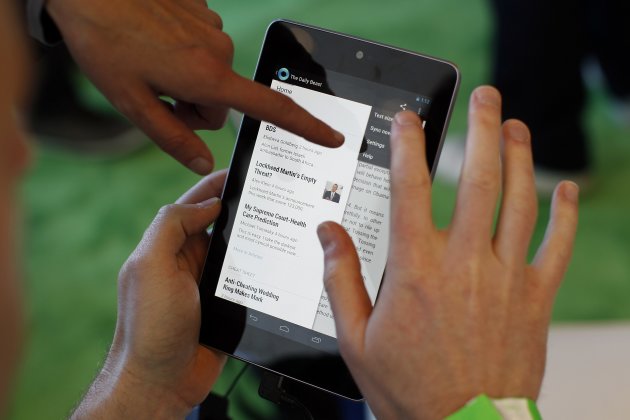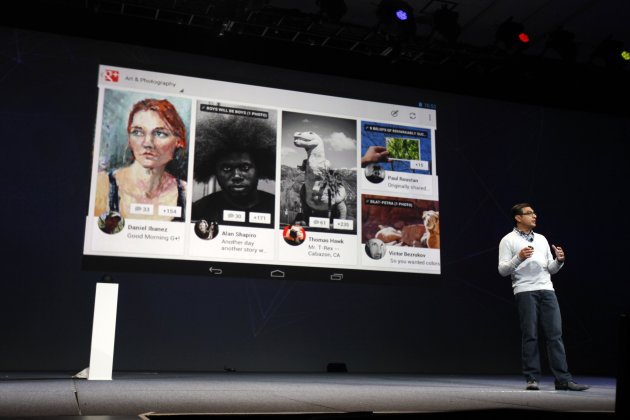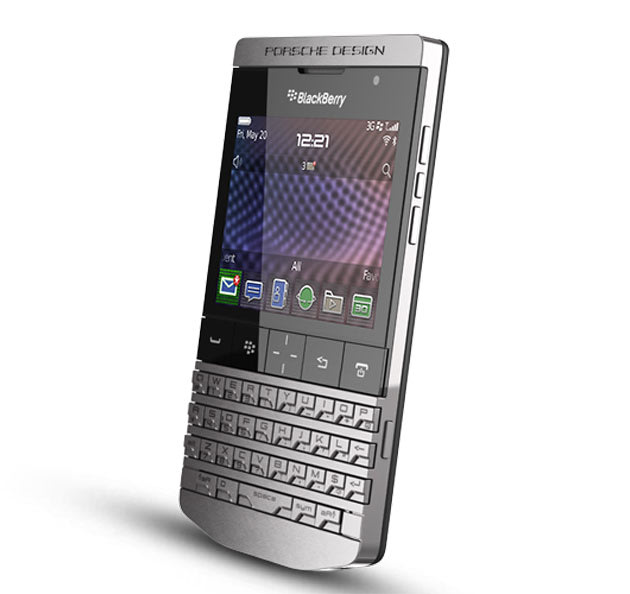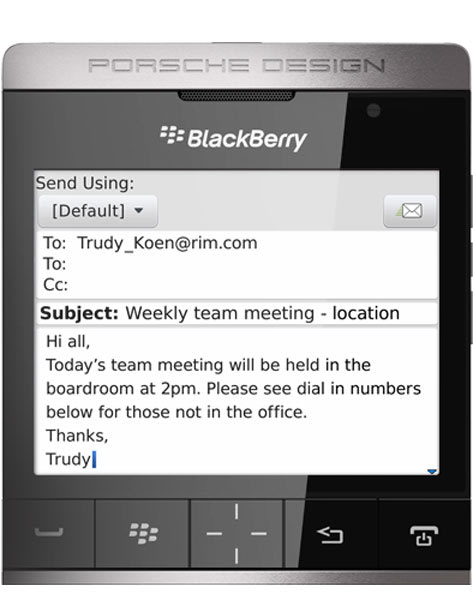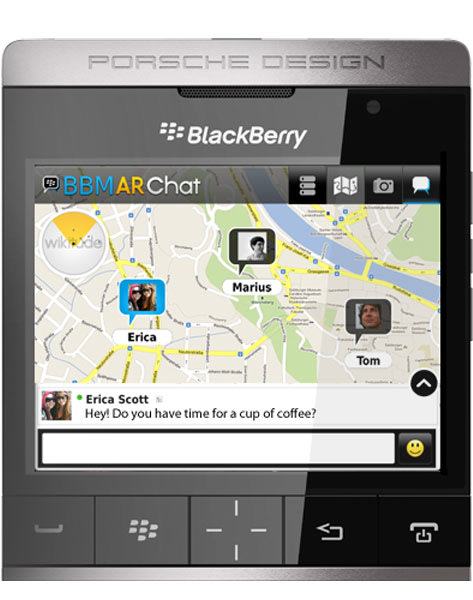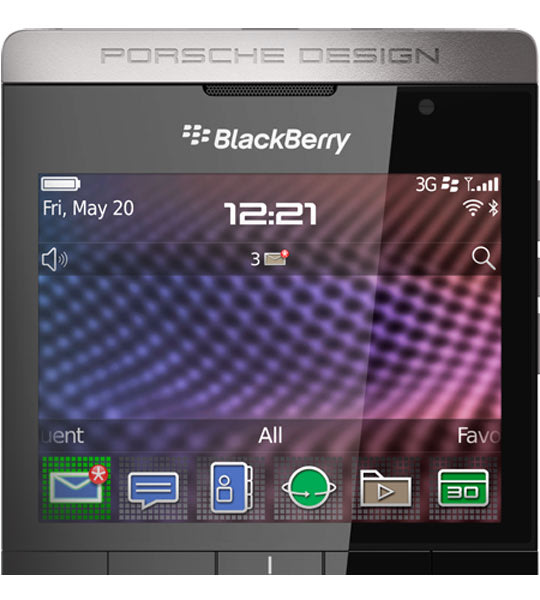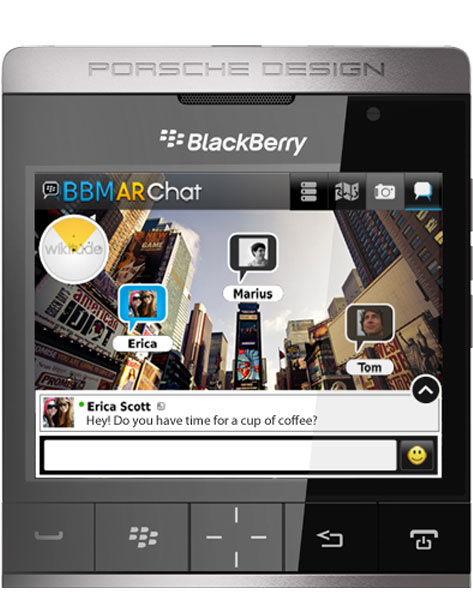Gioconda Law Group, the brand protection and anti-counterfeiting law company from New York, has sued Arthur Wesley Kenzie. The latter was accused of cyber-squatting, trademark violation and hacking. The lawsuit in question seeks a permanent injunction and more than $1 million in damages.
Media reports reveal that Kenzey claims to be a member of Cyber Warfare and Russian Cybercrime Hacking and Information Warfare organizations. However, what appears to have caught the law firm’s attention is that Arthur Wesley Kenzie had registered a domain name GiocondoLaw.com, which is a misspelling of their official GiacondaLaw.com.
The defendant has created fake e-mail accounts in order to intentionally receive private e-mails originally addressed to the companies’ lawyers and staff. According to the court papers, the law firm said it sent a number of test e-mail messages to find out if they were delivered to the misspelled e-mail addresses, and indeed, they were received by active mailboxes.
Arthur Wesley Kenzie was rumbled after a complaint to the Internet Registrar exposed him. It appeared that he has also been collecting misspelled e-mails originally intended for a lot of international corporations without their knowledge or permission. The list included such giants as MasterCard, NewsCorp, McDonalds and McAfee.
Meanwhile, it’s not the first time Kenzie has problems with the law – it turned out that he had been found guilty of cyber-squatting before. He was trying to argue in that case against Lockheed Martin that he was doing a research about Lockheed’s email vulnerabilities. Meanwhile, the panel that handles domain name disputes decided that his efforts were motivated by bad faith to extort cash and that he himself had created the vulnerabilities to research, hoping to offer services to the Complainant afterwards.
Media reports reveal that Kenzey claims to be a member of Cyber Warfare and Russian Cybercrime Hacking and Information Warfare organizations. However, what appears to have caught the law firm’s attention is that Arthur Wesley Kenzie had registered a domain name GiocondoLaw.com, which is a misspelling of their official GiacondaLaw.com.
The defendant has created fake e-mail accounts in order to intentionally receive private e-mails originally addressed to the companies’ lawyers and staff. According to the court papers, the law firm said it sent a number of test e-mail messages to find out if they were delivered to the misspelled e-mail addresses, and indeed, they were received by active mailboxes.
Arthur Wesley Kenzie was rumbled after a complaint to the Internet Registrar exposed him. It appeared that he has also been collecting misspelled e-mails originally intended for a lot of international corporations without their knowledge or permission. The list included such giants as MasterCard, NewsCorp, McDonalds and McAfee.
Meanwhile, it’s not the first time Kenzie has problems with the law – it turned out that he had been found guilty of cyber-squatting before. He was trying to argue in that case against Lockheed Martin that he was doing a research about Lockheed’s email vulnerabilities. Meanwhile, the panel that handles domain name disputes decided that his efforts were motivated by bad faith to extort cash and that he himself had created the vulnerabilities to research, hoping to offer services to the Complainant afterwards.

